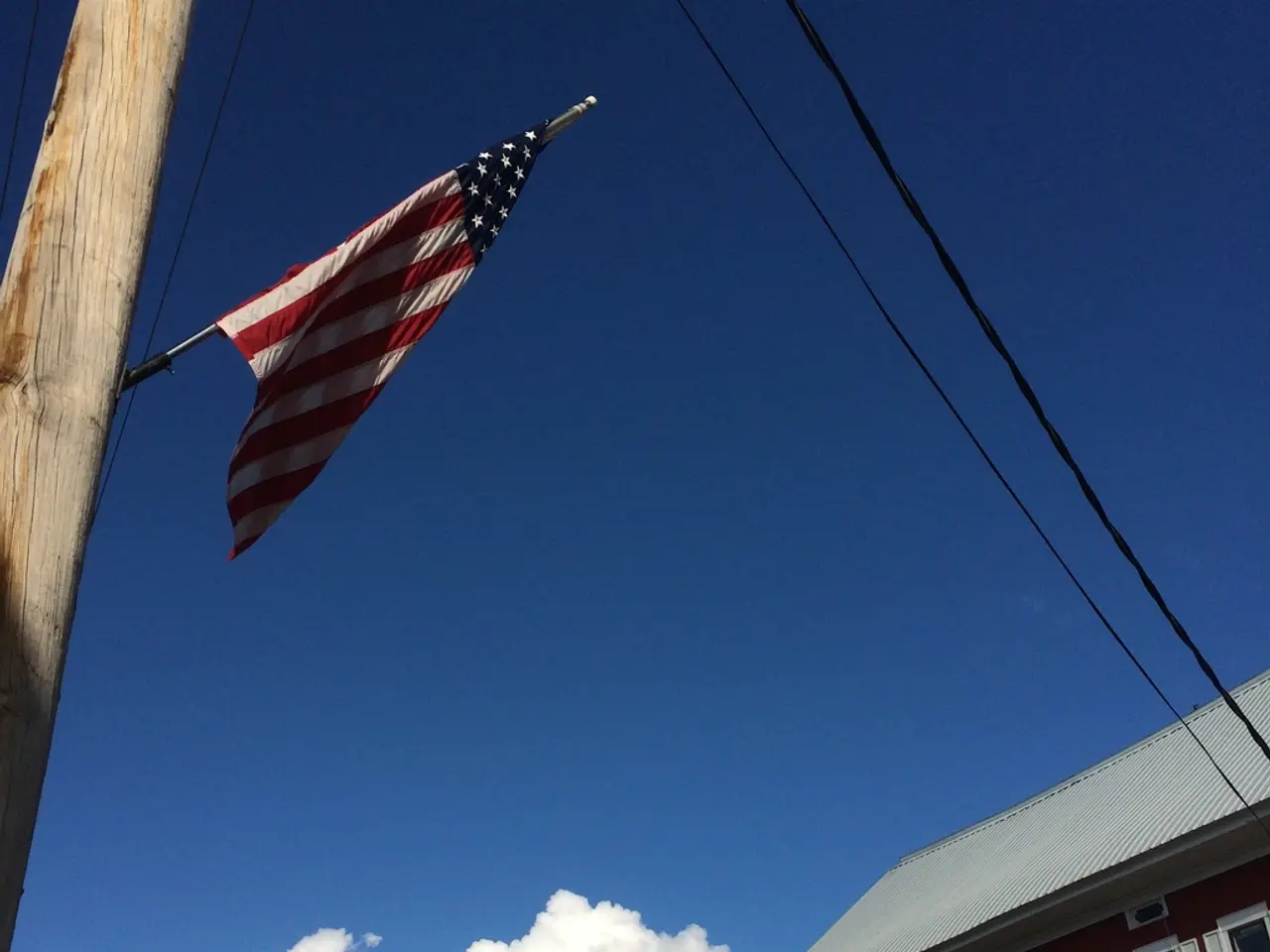Examining Solar-Equipped Homes: Essential Verifications Beyond the Standard Real Estate Inspection
================================================================
When considering the purchase of a house with solar panels already installed, there are several factors to take into account. These include the ownership status, the system's size and condition, financial implications, insurance coverage, and how the panels impact property value and resale.
Ownership Status
Determine if the solar panels are owned outright or leased. Leased panels often require you to take over lease payments and may complicate mortgage approval or home sale, as some lenders do not support loans on homes with leased systems. Owned systems avoid lease payments but mean you might take on maintenance responsibility.
Solar System Size and Suitability
Assess if the solar system is appropriately sized for your energy needs and the local climate, including winter sunlight availability and your typical electricity use. A poorly sized system may underperform or limit future energy needs.
Financial Considerations
Evaluate current and projected electricity savings versus costs. Owned panels typically offer better long-term savings and return on investment and may qualify for tax credits and incentives, while leased panels can have unpredictable savings and ongoing costs.
Impact on Home Value and Resale
Solar panels generally increase property value (about 4.1% higher sale price on average) and can speed up sale time, particularly for owned and well-maintained systems with transferable warranties. Documentation of installation, warranties, and maintenance records adds buyer confidence.
Maintenance and Insurance
Clarify who is responsible for maintenance. Owned panels require occasional cleaning and inspections, while leased panels often come with maintenance by the leasing company. Confirm that homeowners insurance covers the solar panels, and notify your insurer about them, as this might affect coverage or premiums.
Legal and Local Regulations
Check for any permits, rights, or utility interconnection agreements tied to the solar system to ensure compliance and transferability to a new owner.
In summary, thoroughly review the ownership type, system condition and sizing, financial impact including lease terms, insurance coverage, and documentation to make an informed decision when buying a home with solar panels.
Additional considerations include checking for shading on solar panels, such as trees, as it affects their performance, and ensuring the solar panels have an electrical safety certificate, a warranty and/or guarantee, and maintenance logs. Also, be aware that solar thermal is not a compelling product, and solar PV may require decommissioning. Lastly, adding a solar battery to an existing system can cost around £2,500.
When viewing a house, check for dirt, debris, and damage on solar panels and wiring connections. It's important to ask to look at maintenance logs and establish contact with the installer, especially if they are no longer in business.
In addition to other details, your conveyancer will need to check for building regulations approval and planning permission if the solar panel installation did not fall under permitted development.
Sources:
[1] Energy Saving Trust, Buying a house with solar panels
[2] YouGen, What to check when buying a house with solar panels
[3] Which?, Buying a house with solar panels: 7 things to consider
[4] Go Solar UK, Solar Panels and Property Values
[5] Solar Power Europe, Solar Energy in the UK
- Investigate whether the solar panels are owned outright or leased, as leased panels might complicate mortgage approval and home sales.
- Examine if the solar system is suitably sized for the home's energy needs and the local climate conditions to ensure optimal performance.
- Calculate potential financial benefits by comparing current and future electricity savings with costs, weighing ownership versus leasing options.
- A well-maintained and properly installed solar system can boost a property's value, while documented installation, warranties, and maintenance records enhance buyer confidence.
- Be cautious of maintenance responsibilities, as owned systems require occasional cleaning and inspections, while leased panels may have maintenance provided by the leasing company.
- Verify that homeowners insurance covers solar panels and confirm that any permits, utility interconnection agreements, or rights associated with the solar system are compliant and transferable.
- Review shading factors, such as trees, to assess their impact on solar panel performance, and ensure safety certificates, warranties, and maintenance logs are present.
- Keep in mind that solar thermal systems may not be a viable option, and solar PV may need decommissioning.
- Budget for an additional £2,500 if planning to add a solar battery to an existing system.
- During viewings, check for any damages or debris on solar panels and wiring connections, and request maintenance logs and contact information for the installer.
- Consult your conveyancer to ensure that building regulations approval and planning permission were obtained for the solar panel installation, if it did not fall under permitted development.






